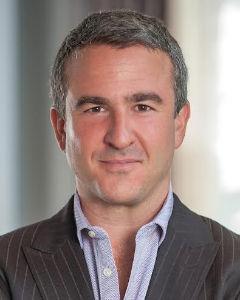Honest Buildings spoke to Joshua Caspi, owner of Caspi Development, about its recent acquisition of an office building on Bowery, to be converted into office space for modern tech tenants.
As principal of Caspi Development, Joshua Caspi is involved in the development process from soup to nuts: front-end acquisitions, financing and development. Before following his father’s footsteps Caspi cemented his interest in the real estate industry while working for the concrete labor union, stripping forms in high-rises in Manhattan for a year.
To Caspi, the ability to revise, repurpose and add his own aesthetic touches to a project is the most satisfying part of working in real estate. The most challenging part of his work is “finding good opportunities and deal flow. And it’s not getting any easier.”
Caspi looks primarily at geography in making investment decisions for development. Currently, Brooklyn and Manhattan are areas of focus. The firm develops mainly office, multi-family, and hospitality buildings.
Caspi notes differences in what tenants look for, depending on the locale: “In Westchester, it’s a value driven customer; Brooklyn, an aesthetically driven one; and in Manhattan, it’s a combination between aesthetic and location.” Caspi also sees a trend in increased desire for downtown developments.
Caspi’s newest acquisition, the Bowery building between Delancey and Broome, stood out because of its height, being the only seven-story elevator building in the area. “It has a prominent presence.” The area’s peripheral activities and “vibe” complement the tech sector according to Caspi, who says, “Art and tech have a synergy we hope to exploit in this new building.”
Looking to the future of real estate, Caspi sees buildings continuing to upgrade and become more automated. However, the real estate construction vendor vetting process could be improved, according to Caspi. “Without sufficient resources or experience to vet out value, smaller and midsize developers can get stuck working in a vacuum. Those companies in particular, could use better data to make more informed decisions.”

